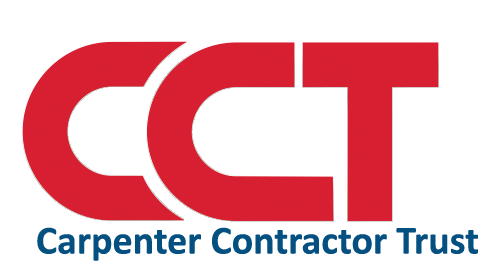By Cyndie Williams
President Biden has recently taken another big swing to support workers by issuing a final rule that requires project labor agreements (PLAs) on federal construction projects costing more than $35 million.
This rule, which stems from an executive order he signed in 2022, will ensure all workers on these projects benefit from collective bargaining, fair wages and safe working conditions. It also aims to help the federal government complete its ambitious infrastructure agenda on time and on budget, while boosting local economies and creating more opportunities for skilled workers.
PLAs are a common-sense solution, one that’s neither new nor radical. They have been used successfully for decades on public and private projects across the country, from the Hoover Dam to Disney World. They have been endorsed by Democrats and Republicans — in New Jersey and beyond.
Putting politics aside, the president’s policy is more than a blueprint for how we’ll build bridges and highways. It’s how we’ll build back the middle class, as well as stronger, more equitable communities.
hat’s great news here in New Jersey for obvious reasons.
First, according to a recent NJ.com analysis, we rank 11th in the U.S. for income inequality, “a troubling indicator of the state’s shrinking middle class.” That gap widens among minorities and women. Second, we have billions of dollars in projects on the drawing board, fueled by Biden’s economic plan that aims to grow the economy from “the bottom up and middle out.”
In the months and years ahead, our state will be bustling with public and private economic investment in mega projects.
The fair wages that result from PLAs will fuel local businesses, strengthen schools and inject vitality into communities. This isn’t trickle-down economics; it’s a rising tide lifting all boats, powered by the collective bargaining power of organized labor and the fact PLAs ensure the labor pool for federal projects is local. That means more jobs and income for the people who live, work and spend in the area.
So, these workers won’t be faceless cogs in a machine, part of some transient workforce. They’re Kyra from Little Egg Harbor, the welder who is putting money into her kids’ college funds. They’re Jeremiah, the carpenter from Rockaway working on a safe site with clear career pathways, his skills honed by top-notch union training.
Across New Jersey, towns from Brick to Parsippany and Jersey City are signing PLAs. In fact, Ocean County Republican Chairman George Gilmore, one of the state’s most powerful and influential Republican leaders, has pledged to throw his support behind PLAs. The support will do more good in communities here because New Jersey is leading the way with a threshold of $5 million versus the $35 million federal number. That means more local workers on more local projects – a key to rebuilding the middle class.
The agreements are not mandates to hire union workers but rather guarantees that workers on the project will be covered by a union contract, regardless of their affiliation. PLAs also include provisions to prevent strikes, lockouts and other labor disputes that could disrupt the project and cost taxpayers’ money.
On a broader scale, PLAs are a reflection of the rebirth of organized labor in the United States in recent years. Workers in various sectors, from health care to tech, have joined or formed unions to demand better pay, benefits and working conditions.
PLAs undoubtedly will help unions continue to kick open doors of opportunity for women and minorities. Both groups earn more than their non-union counterparts and the gap is wide. PLAs will help close that gap, here in New Jersey and beyond.
All of this makes our state better, fairer and stronger. And the men and women building a better future for all of us deserve the dignity, respect and fair share of the prosperity they create.
Cyndie Williams is the executive director of the Carpenter Contractor Trust, a labor-management trust formed to bond the relationship between the trained talents of union carpenters and their qualified signatory contractors.
Cyndie Williams is the executive director of the Carpenter Contractor Trust.
First, according to a recent NJ.com analysis, we rank 11th in the U.S. for income inequality, “a troubling indicator of the state’s shrinking middle class.” That gap widens among minorities and women. Second, we have billions of dollars in projects on the drawing board, fueled by Biden’s economic plan that aims to grow the economy from “the bottom up and middle out.”
In the months and years ahead, our state will be bustling with public and private economic investment in mega projects.
